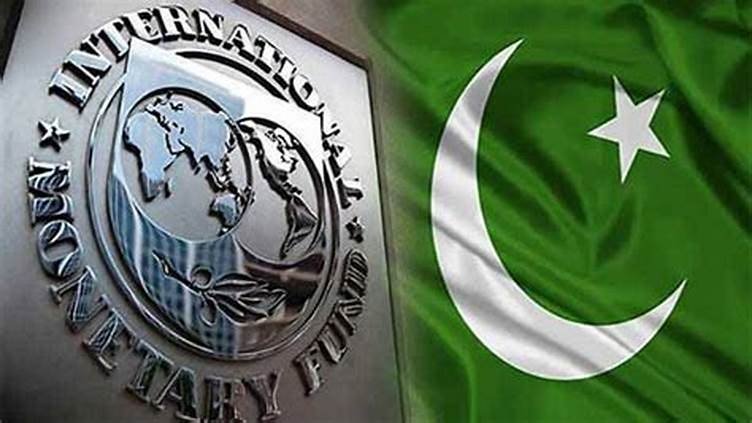The U.S. and other global powers back Pakistan’s bailout, sidelining Indian objections and raising questions about the moral credibility of the international financial system.
BY PC Bureau
The International Monetary Fund (IMF)’s decision late on May 9 to approve a $2.3 billion financial assistance package for Pakistan — including $1 billion under the Extended Fund Facility (EFF) and $1.3 billion through the Resilience and Sustainability Facility (RSF) — reflects a troubling duplicity. Major global economic powers, led by the United States, have let India down at a critical juncture as it responds to the terror attack in Pahalgam. The decision, approved by the IMF Executive Board, came despite India’s strong objections and warnings that the funds could be diverted to support destabilizing activities in the region.
India’s concern wasn’t just economic. New Delhi warned that IMF funds might be diverted to support cross-border terrorism or to ease financial pressure without enacting meaningful structural reforms. Yet, its protest was effectively overruled — or more accurately, ignored — by the economic giants of the world.
ALSO READ: IAS officer Killed in Cross-Border Shelling in Rajouri
The IMF has 190 member countries, but not all votes carry equal weight. Voting power is determined by a quota system based on each country’s financial contribution. The United States, with about 16.5% of the vote, is the single most powerful voice at the table and holds veto power on major decisions. Other influential members include Japan, China, Germany, France, the United Kingdom, Italy, India, Russia, and Saudi Arabia. These top economies, especially the G7 nations and China, collectively control a major share of the vote. So when a financial package is approved — as in the case of Pakistan — it is effectively greenlit by these nations, either through active support or strategic silence.
*India to IMF on funding pakistan*
India pointed out that rewarding continued sponsorship of cross-border terrorism sends a dangerous message to the global community, exposes funding agencies and donors to reputational risks, and
makes a mockery of global values. pic.twitter.com/W1S5Ay3ucR— Anushka Garg (@anushkagarg2000) May 9, 2025
India abstained from the vote, formally registering its dissent. But under IMF voting protocols, members can only vote “in favor” or abstain — there’s no option to vote “no.” India’s abstention was a signal, not a shield. The approval of the bailout implies that other key players — most likely including the U.S., European Union countries, China, and possibly even Saudi Arabia — either endorsed or chose not to oppose the package. It was a clear diplomatic letdown for New Delhi, which has raised repeated concerns over global financial institutions enabling Pakistan without sufficient scrutiny.
ALSO READ: Delhi Escapes Missile Attack as India Downs Pak’s Fatah-II
This isn’t the first time the IMF has stepped in to assist Pakistan. In 2023–24, the country received a $3 billion Stand-By Arrangement. Despite chronic economic mismanagement, mounting debt, and questions over military and intelligence spending, Pakistan continues to receive lifelines — often under pressure from the same global powers that speak of fiscal responsibility and transparency elsewhere.
While the IMF praised Pakistan’s “policy efforts” under the EFF and highlighted its attempts to stabilize the economy, critics argue the Fund is once again prioritizing geopolitical stability over financial discipline. With tensions simmering in South Asia, and India rising as a global economic and strategic partner, the decision sends a complicated message. India — the world’s fifth-largest economy and a nation that has contributed significantly to global economic growth — now finds itself watching as the very institutions it supports financially enable what it sees as a threat to regional security.














